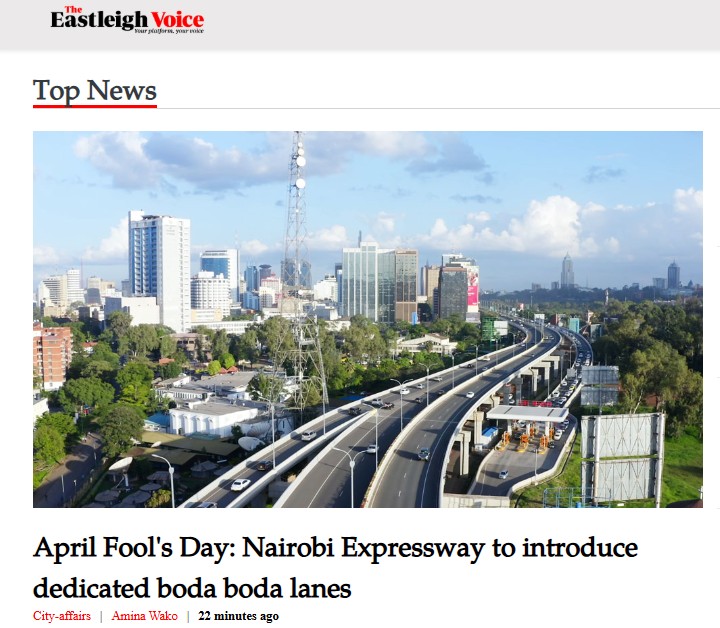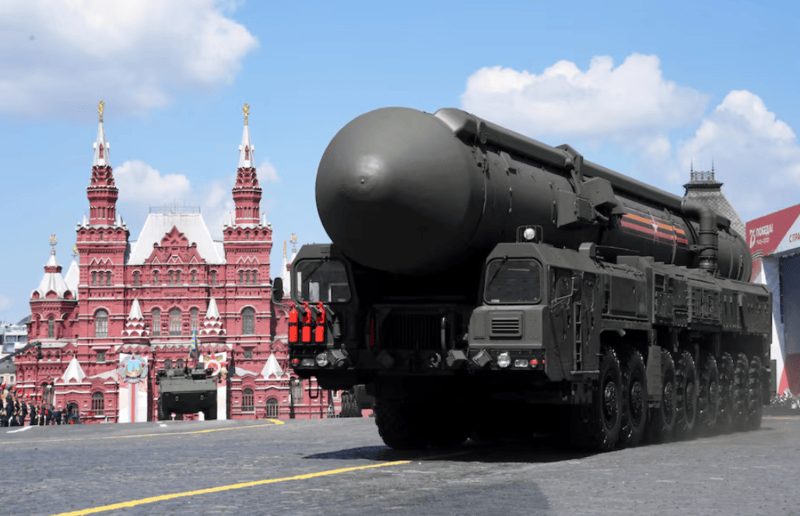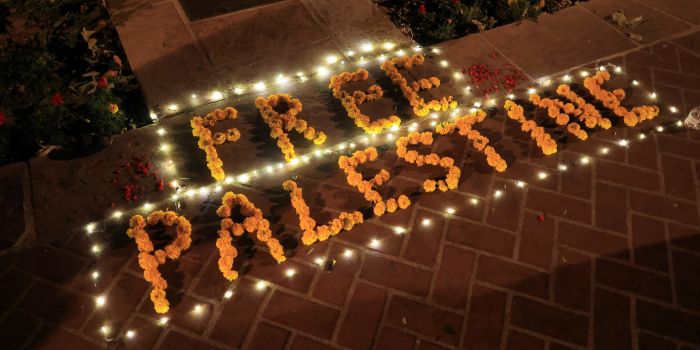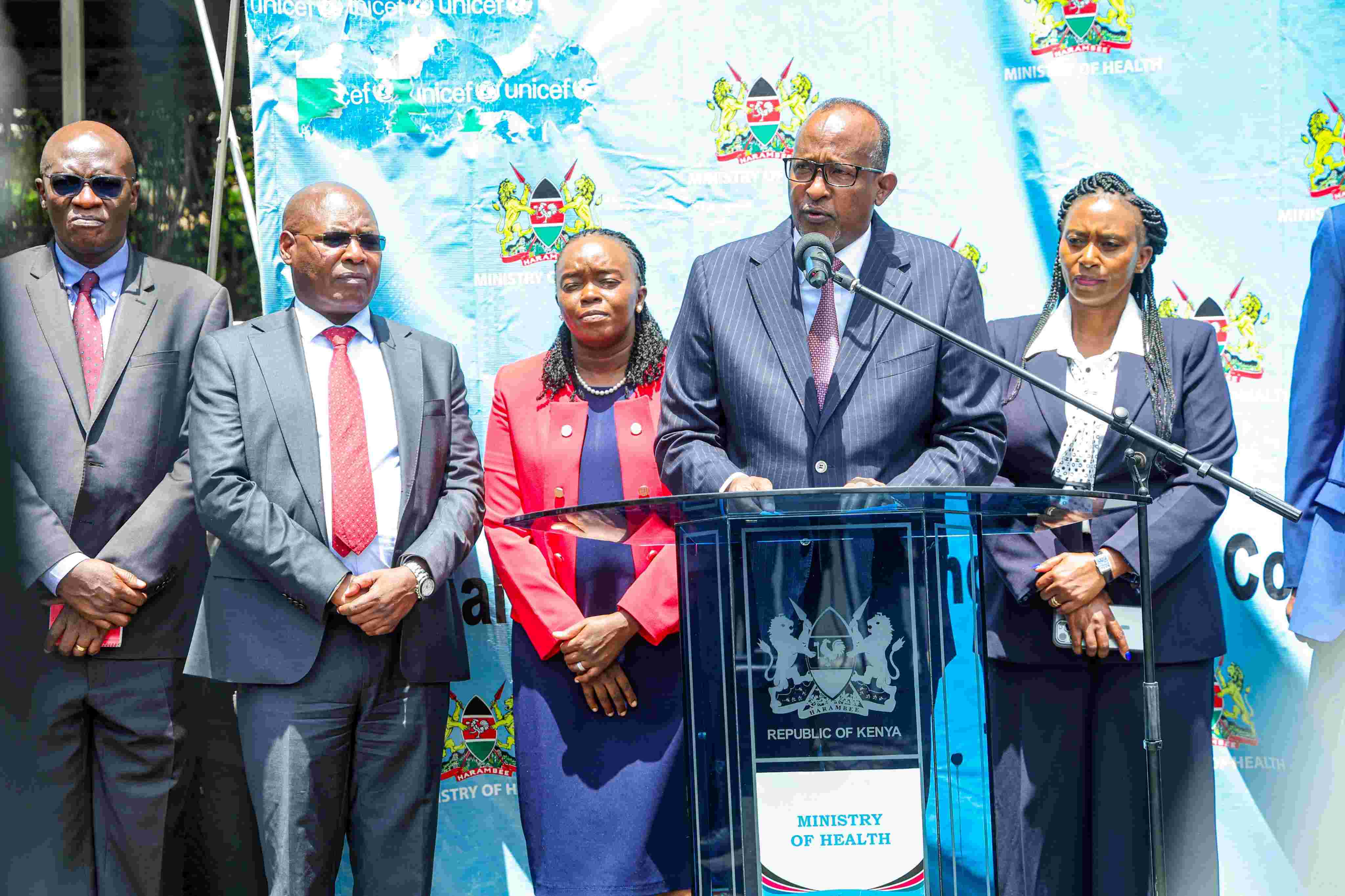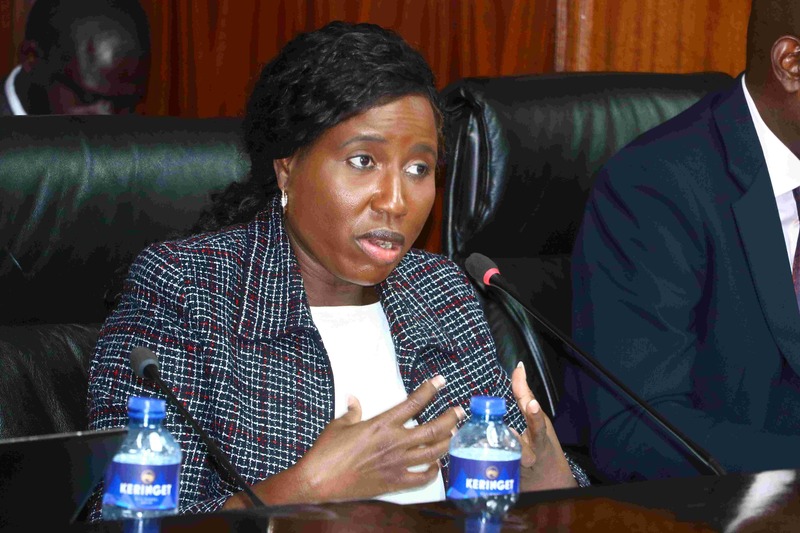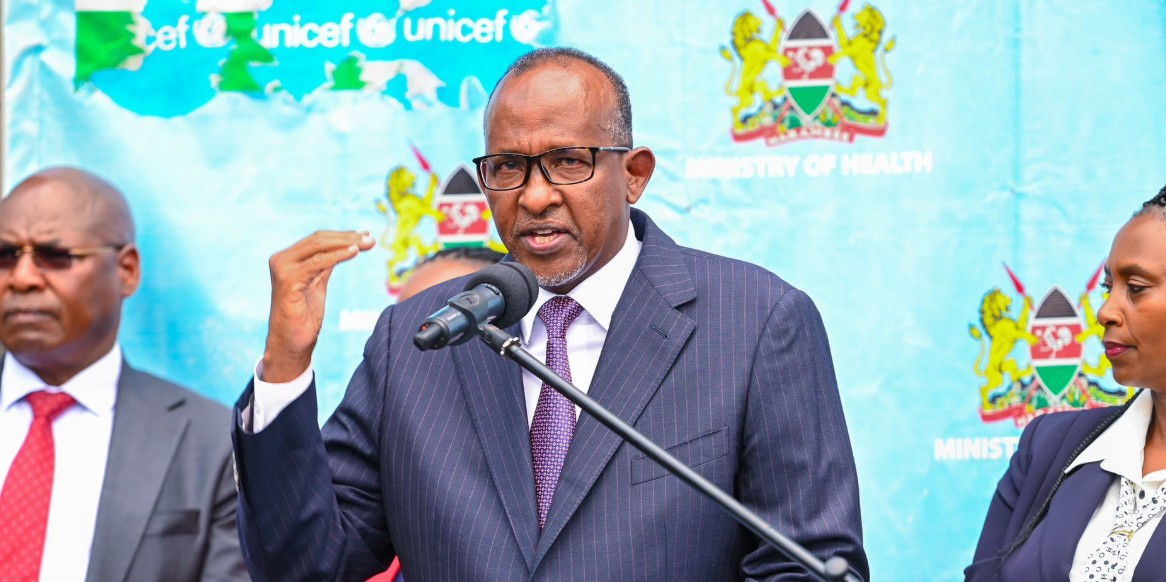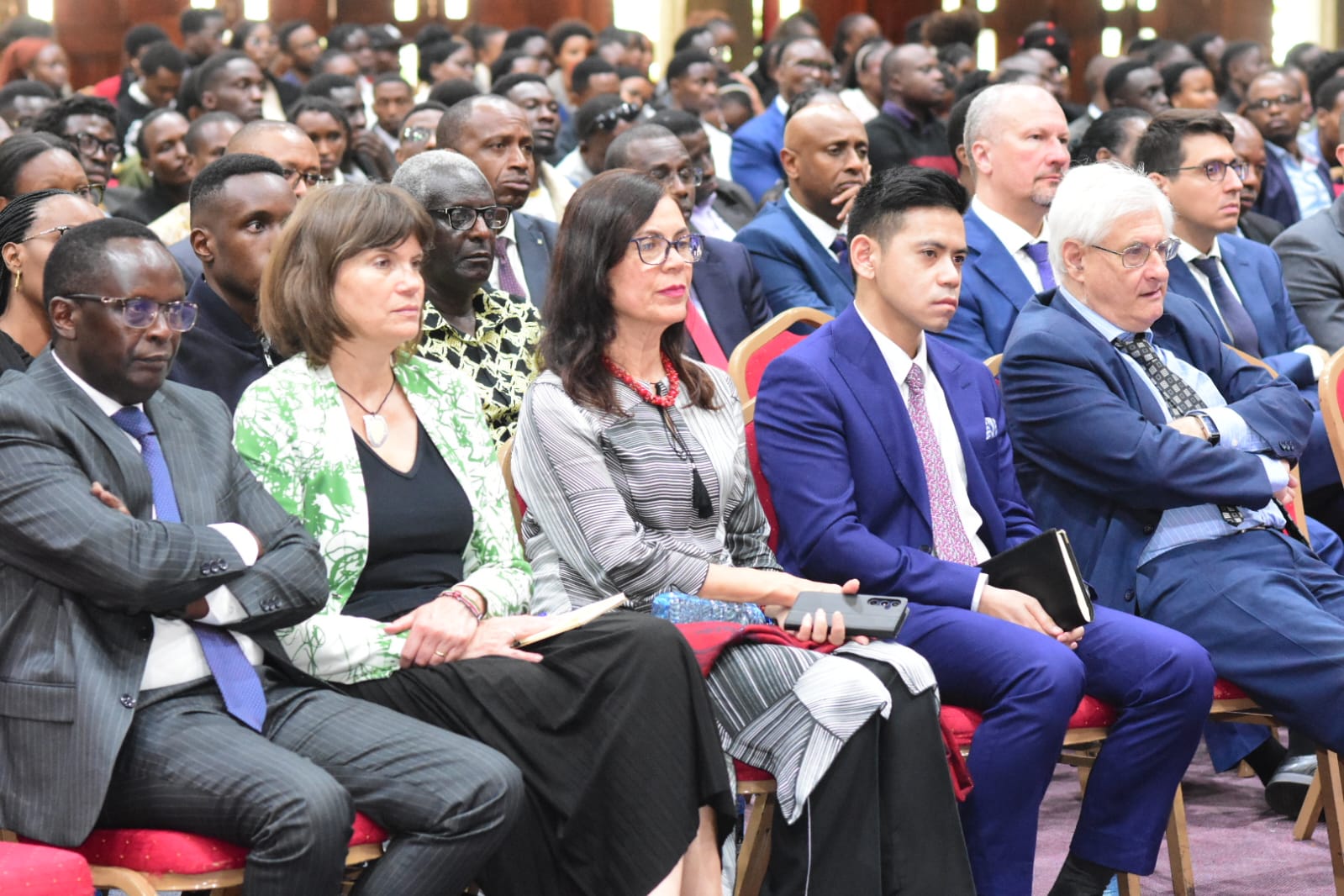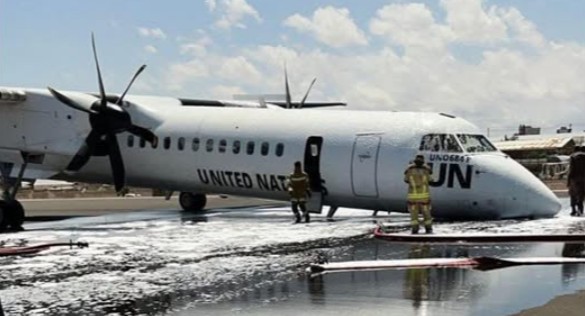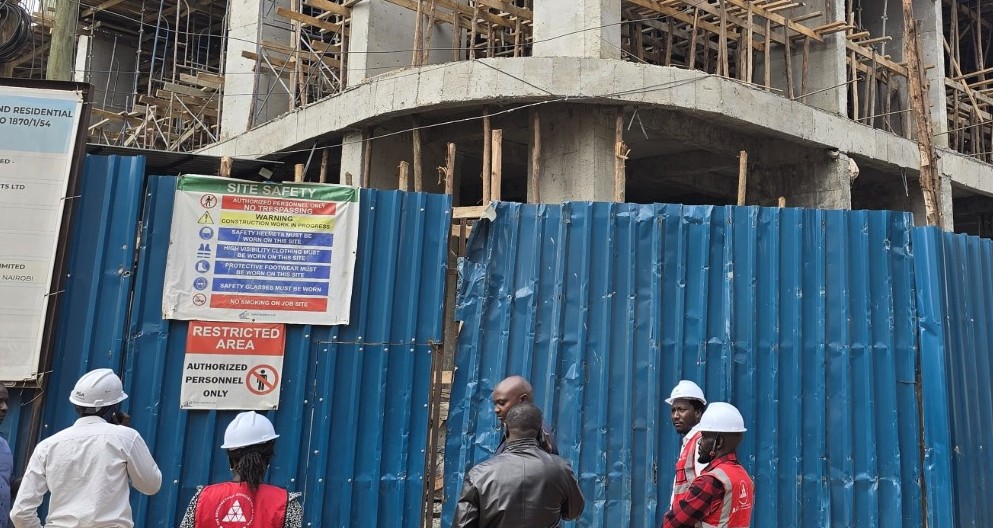EPRA shuts down 10 filling stations in nationwide crackdown on adulterated fuel

A nationwide crackdown on non-compliant fuel stations has led to the closure of ten outlets across the country after they were found selling adulterated fuel or illegally reselling export-bound petroleum products.
The crackdown, conducted between January and March 2025, resulted in 5,978 tests being carried out at 1,360 fuel stations.
More To Read
The Energy and Petroleum Regulatory Authority (EPRA) revealed that while 1,347 stations, representing 99. 04 per cent of those tested adhered to fuel quality regulations, 13 stations, accounting for 0. 96 per cent, violated the standards.
Among the non-compliant stations, ten were shut down, while others were allowed to resume operations after paying penalties and upgrading their fuel quality.
The affected stations include Ahero Stage Filling Station in Kisumu, Wamuini Filling Station in Trans Nzoia, Miami Energy Filling Station in Kajiado, Mungatsi Filling Station in Busia, Wangu Filling Station in Murang' a, Sofa Energy Service Station in Maragua, Kobodo Filling Station in Homa Bay, 61 Bus Filling Station in Nairobi, El Bethel Filling Station in Marsabit, and an illegal fuel site in Mazeras, Kilifi.
The violations ranged from selling diesel with high sulphur content to adulterating domestic kerosene with non-marked fuel and offering super petrol meant for export in the local market.
EPRA noted that El Bethel Filling Station in Marsabit and Lowisa Oil Filling Station in Embu were repeat offenders. While Lowisa Oil Filling Station was allowed to reopen after upgrading its product and paying Sh306,000 in penalties, El Bethel Filling Station was shut down.
The agency warned that those found guilty of fuel adulteration or illegal fuel trade would face stringent penalties.
"Ensuring compliance in the petroleum sector is critical for maintaining fuel quality and protecting consumers from harmful products," the regulator said.
The regulatory authority also reiterated its commitment to cracking down on illegal fuel practices and urged consumers to report any suspicious fuel quality.
“We encourage the public to be vigilant and report any instances of fuel adulteration to safeguard the integrity of the petroleum sector," EPRA said.
It added that it remains steadfast in ensuring compliance to protect both consumers and the economy from the effects of adulterated or illegally traded petroleum products.
EPRA's mandate, under Section 92 of the Petroleum Act 2019, requires the authority to monitor petroleum products to prevent fuel adulteration and the illegal sale of export-designated products.
Top Stories Today





